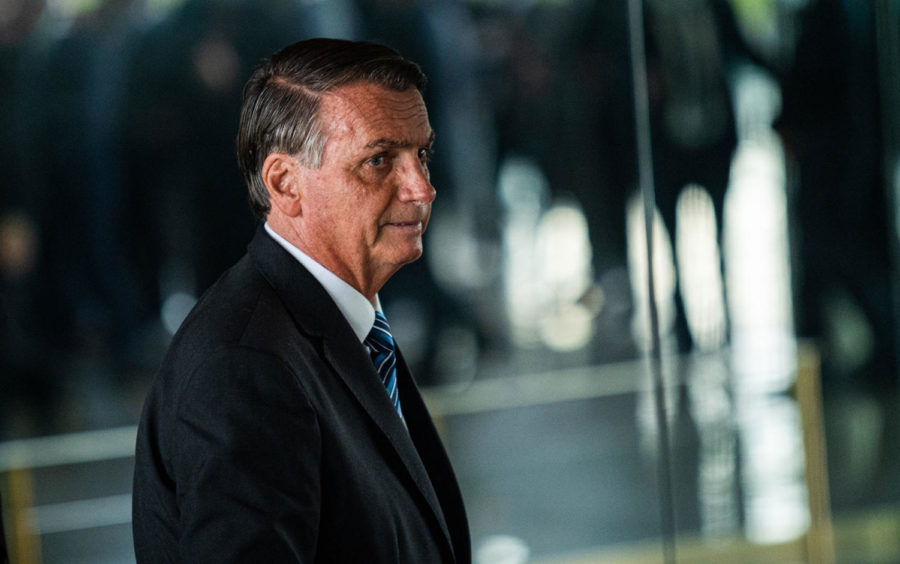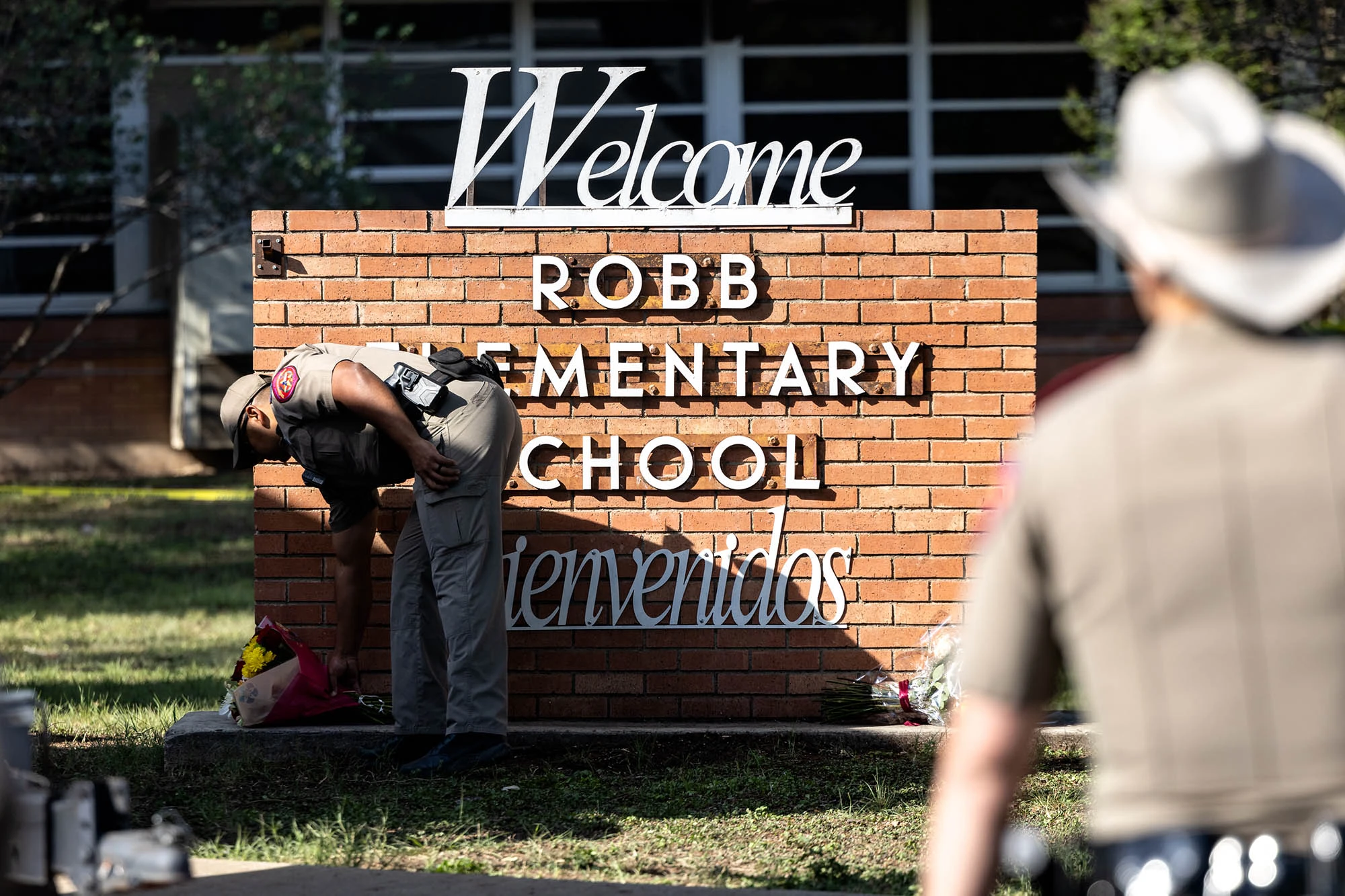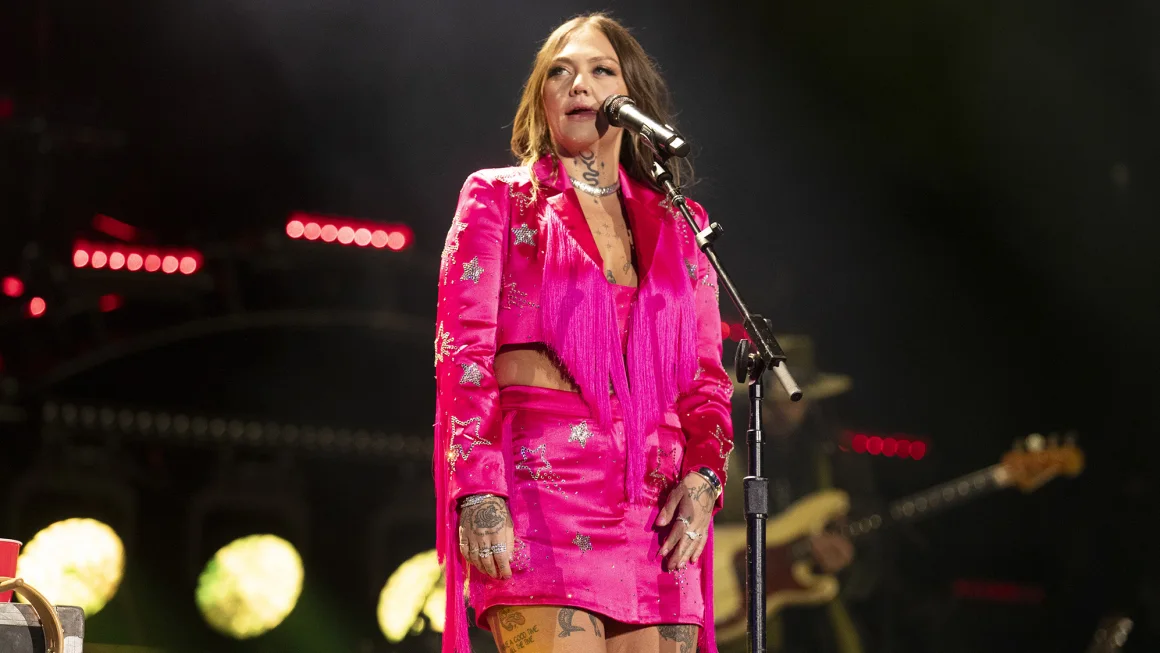Brazilian presidential election
Jair Bolsonaro, image courtesy of CNN
January 10, 2023
The presidential election in Brazil ended with a narrow 1.9 point victory for Luiz Inacio Lula De Silva (Lula) over Jair Bolsanaro on Oct. 30, 2022. This was the closest presidential election in Brazilian history and reflects the deep divide between the left and the right in terms of politics.
The incumbent president heading into the election was Jair Bolsanaro. He was elected by a 10.5 point margin in the second round of the 2018 Brazilian presidential election. He is known for his outspoken right wing views on both social and economic issues. His four year term as president has been marked by increased deforestation in the Amazon, 650,000 Covid deaths, and increased corruption. In the period leading up to the election, he made multiple unfounded claims of fraud targeting the electronic voting system in Brazil. His allegations of fraud and the politicization of the military caused many to believe that Bolsanaro would stage a coup if he lost the election.
Lula, the winner in the election, has formerly served as president of Brazil from 2003 to 2010. He ran on a leftist platform that highlighted the success of his first presidency, expressed support for labor movements, and pledged to protect the Amazon rainforest from deforestation. Lula was born to a poor family in the state of Pernambuco, where he was forced to work from a young age and had to drop out of school after second grade. He mainly worked dangerous jobs in large factories and when he was 19 years old, he lost a finger on his left hand. He rose to prominence in Brazilian politics first as a union leader and then as a member of Brazil’s congress. After three unsuccessful presidential campaigns in 1989, 1994, and 1998, he was finally able to achieve victory in 2002 and won re-election in 2006. His administration enacted radical reforms that helped 20 million Brazilians out of poverty by slowing inflation, increasing wages, and expanding access to schools and healthcare. He was not able to run for a third consecutive term in 2010, but his handpicked successor Dilma Rouseff was elected.
His and his party’s reputation was tarnished when Dilma was removed from office due to corruption charges in 2016 and he was convicted on charges of money laundering and corruption in 2017, but his conviction was nullified. These controversies made it possible for the far-right candidate; Bolsonaro, to get elected in 2018.










